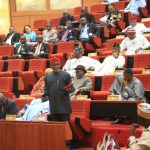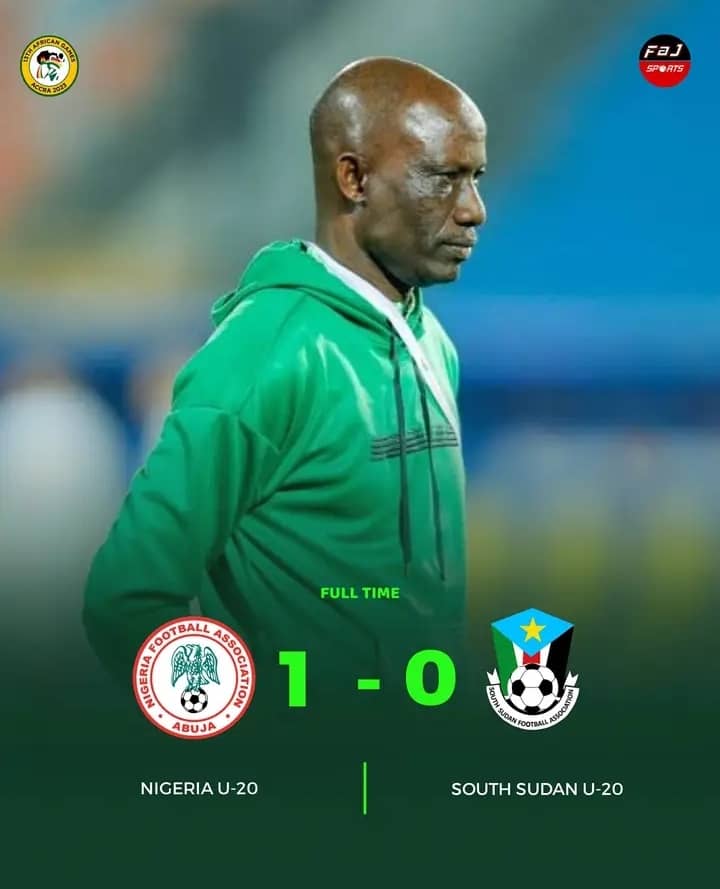The Christian Association of Nigeria (CAN) has kicked against the continued closure of churches in parts of Nigeria despite the relaxation of the lockdown.
Samson Ayokunle, CAN president, said via a statement on Tuesday the continued closure of places of worship is “no longer acceptable and reasonably justified”.
In relaxing measures to slow the spread of COVID-19, the federal government had lifted the ban on worship centres, but some states including Lagos and Ogun have kept the churches shut.
In the statement issued by Adebayo Oladeji, his spokesman, Ayokunle wondered why these states have continued to lock down churches while reopening markets, asking: “What sin have the places of worship committed?”
The CAN president said the churches also have a role to play in seeking divine solutions to the pandemic.
“With the sudden emergence of the coronavirus pandemic, the leadership of the Christian Association of Nigeria (CAN), at all levels, agreed with the government on the need to close down the places of worship, economy, schools and every other facet of life,” he said.
“But with the reopening of the economy, especially the markets (both organised and the unorganised markets) along with the plan to reopen airports and schools, the closure of churches anywhere in the country is no longer tenable and acceptable.
“In what ways are the opened and roadside markets more organised than the church which warranted their opening? Is it not our members in the places of worship that do go to markets and other sectors opened? “Why are they allowed to go to markets and disallowed from going to places of worship?
“Is it because the marketers cannot contract the virus in the markets and airports? “It is our opinion that while the government and other relevant stakeholders are working hard to get a cure for the COVID-19 pandemic, the Church too has a role to play by seeking for divine solutions as well.”
Ayokunle said as much as CAN believes that COVID-19 “deserves attention,” states that have continued to lock down churches should not “turn a deaf ear to our quest but allow worship to return to places of worship”.









